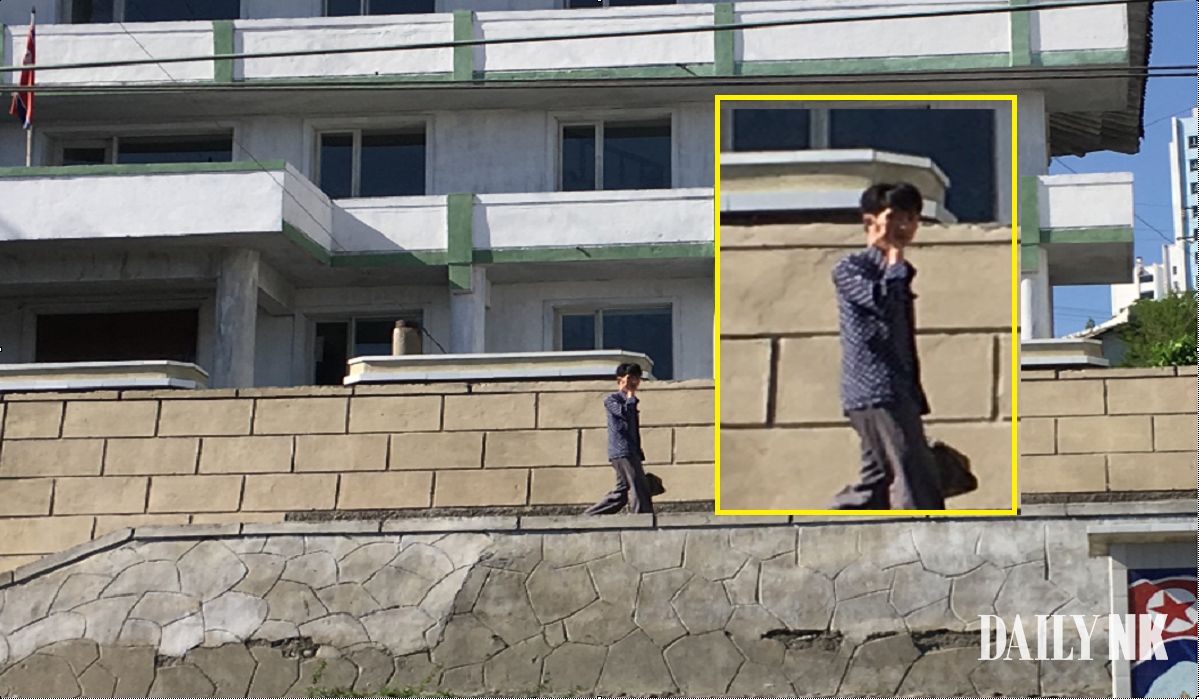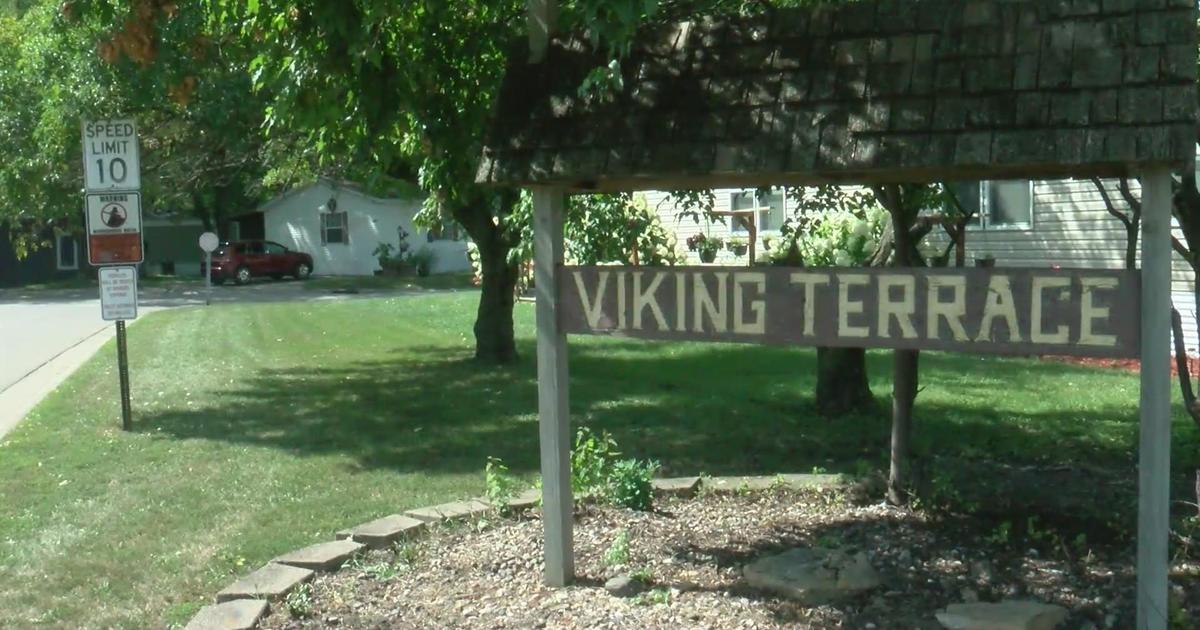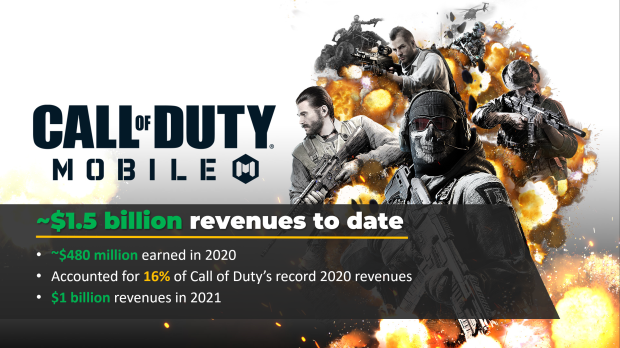Many North Koreans unhappy with government limits on mobile money

Many North Koreans are unhappy with the measures taken by the authorities to limit the recharging and sending of so-called “mobile money”, which is still in high demand in the country.
A source in North Korea told Daily NK on Monday that many people continue to use “mobile money” to “top up” their phone minutes because the 200 free minutes they receive per month don’t last.
That is, all mobile phone subscribers in North Korea receive 200 free minutes, but for most users this runs out almost immediately. North Koreans who need more minutes pay money to top up their “mobile money”, which is used to increase their minutes.
“You can buy mobile money by walking to a nearby post office or mobile phone service center and paying in yuan, dollars or won,” the source said. “You can top up your own mobile money once a day up to 500 KRW.”
He said that users can only top up other users’ phones with their own mobile money once a day up to 500 KRW, and users can only top up another individual’s phone once a month. .
Currently, users can purchase 500 KRW in mobile money for 30 RMB. They can buy one minute of talk time for 4 KRW in mobile money, while 500 KRW in mobile money will basically buy users two hours and five minutes of talk time.
In the past, North Koreans would go to the post office or mobile phone service center and buy phone cards with which to top up their mobile money. However, some people have made it a way to make money by buying a large number of phone cards and reselling them for a high price.
Additionally, North Koreans have also used the ability to send mobile money to other people to make money transfers or simplified payments. This use of mobile money to make transfers and payments was a form of North Korean “fintech” designed to deal with the country’s poor financial infrastructure.
However, North Korean authorities phased out phone cards and restricted the sending of mobile money in 2020, complaining that phone cards and mobile money were being misused as a means of granting loans or earning money, rather than their original purpose of topping up mobile minutes.
As a result, North Koreans could no longer earn money selling phone cards and could only send 500 KRW in mobile money to another person. Many North Koreans still complain about the inconvenience the limitations have caused.
While restricting mobile money transfer, North Korean authorities are encouraging people to use bank cards or mobile apps that allow electronic payments. In fact, the Ollim 2.0 payment platform, launched by North Korea in 2020, supports simplified offline payments, online payments, transfers and other functions.
The source said that people who handle foreign currency such as staff of Pyongyang and provincial trading companies, their family members and wealthy donju (the country’s affluent entrepreneurial class) use Narae Card and Koryo Card debit cards and smartphone programs, “but few people use them.”
The source said North Koreans – who are still wary of the country’s public financial system after the 2009 currency reform – avoid exposing their cash to authorities.
“Only personnel working in state-trading institutions, the distribution network, the medical sector, transport enterprises, the Ministry of Foreign Affairs and the Ministry of Foreign Economic Relations, as well as their families, use the transfer system money from banks. Few people use it,” he said. “Ordinary donju or locals think that if they use the banks, they will show the authorities all of their cash and debt.
The source said it could be “several centuries” before the public financial system is “normalised”. He said people had little interest in the system because “the state has no credibility and the economy is a mess.”






